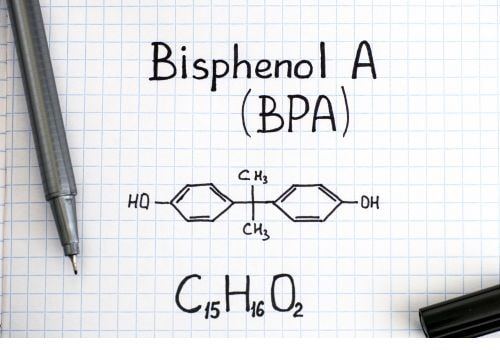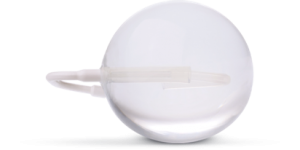You may be on a diet and exercise but still face the challenge of obesogens and weight gain. Obesogens are chemicals that you encounter in your day to day life. It limits the functions of your hormones, triggering an increase in weight.
Obesogens are endocrine-disrupting chemicals that disrupt information flow to your body. This leads to your body producing more fat than usual. The number of people considered obese continues to rise, highlighting how people struggle to lose weight. The possibility of these chemicals contributing to obesity is high as they impact how human hormones work, store, and use fat.
Obesogens occur in our food, while others contaminate food indirectly via packaging, pesticides, and environmental contamination. Artificial obesogens include food additives like artificial sweeteners, food contaminants, and flame retardants. So, obesogens and weight gain directly relate to each other as these chemicals trigger an increase in weight.
Obesogens List: Common Chemicals
Here are the common chemicals that contribute to weight gain:
- Bisphenols – chemicals found in food containers, drinks, and canned container linings.
- Phthalates – chemicals used in the production of plastic and can enter the body via inhalation, ingestion, or dermal exposure.
- Perfluoroalkyl substances (PFAS) – are synthetic chemicals in consumer products like food packaging and non-stick cookware.

Chemical Obesogens Examples and Their Impact on Weight
Obesogens examples include chemicals that disrupt the body’s hormonal balance and trigger weight gain. These obesogens list comprises:
- Bisphenols – these obesogens can mimic hormones, interfere with the body’s natural hormones, and lead to weight gain. Bisphenols enhance adipocyte cell differentiation which contributes to the accumulation of excess fat. So, it contributes to an increase in adipose tissue mass, contributing to increased weight.
- Phthalates – these chemicals in plastics indicate the correlation between the chemical’s concentration in the body and overweight development. These chemicals reach your body through foods packaged in plastic, including processed meats. Phthalates play a role in increasing weight through exposure to packaged foods.
- PFAS – these chemicals in drinking water are directly linked to human obesity as increased PFAS content in blood makes it hard for the body to maintain a low weight. Increased PFAS content increases cholesterol levels in the blood, exploring the relationship between obesogens and weight gain. Exposure to PFAS in contaminated drinking water demonstrates its ties to obesity.
Obesogens Diet: How to reduce exposure
It’s challenging to avoid an obesogenic diet, but you can use specific strategies to avoid exposure to these chemicals. You can adopt a healthy diet to minimize the impact of chemical obesogens on weight gain. You need to focus on nutrient-dense foods and conscious decisions. You minimize exposure to these chemicals while watching and maintaining your weight.
You can limit your exposure through the following:
- Avoid heating food in plastic as the obesogens will leak into the food. These plastics can increase exposure to obesogens like bisphenols. Opting for other options, including stainless steel containers and glass bottles, would be better.
- Avoid non-stick cookware due to the exposure of these particles to food. Non-toxic options, including cast iron and stainless steel, can reduce exposure to an obesogenic diet.
- Read labels of food products and identify if they have or contain obesogens-related chemicals.
- Filter water to eliminate obesogens chemicals and reduce exposure to the body through drinking water.
- Opt to use organic fruits and vegetables, which limits your exposure to these chemicals compared to packaged foods with these chemicals. Organic options are better suited as they are not exposed to synthetic chemicals that potentially contribute to weight gain.
- Issue more concrete recommendations in the Dietary Guidelines to address what additives are put in food.
- Become more informed concerning additive names and labels of foods as you learn the ingredients of what you consume.
- Consume organic animal products and substitute protein sources, as these chemicals are present in inorganic animal products.

Obesogens as a risk factor of obesity
Obesogens and weight gain stem from the disruption of your metabolism to increase body fat. This can alter your eating habits and digestion. Obesogens are found in common day-to-day items such as plastic containers, toys, and personal care products. You can limit these items’ usage and exposure to chemicals. This effectively steers you away from obesogens and weight gain.
Discover how to lose weight with the adjustable gastric balloon from Spatz Medical.


